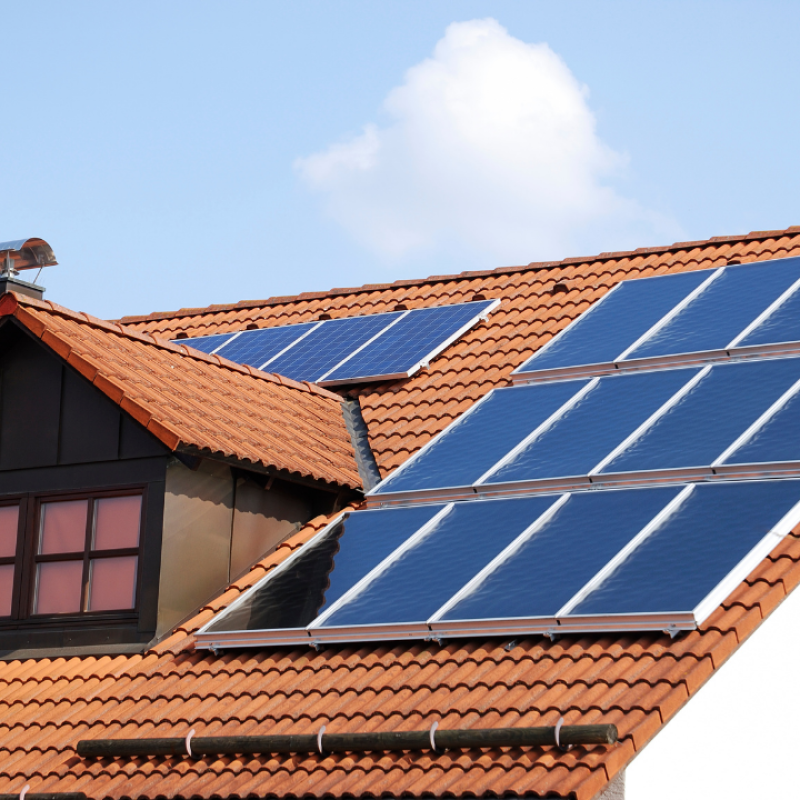Q: Firstly, does the AER support speeding up the deployment of smart meters?
Yes we do, but there are some conditions on this that need to be met that go straight to the heart of protecting consumers.
We support it because smart meter technology can deliver a more efficient, lower cost and lower-emissions future energy system.
A well-managed smart meter rollout can help optimise the grid, resulting in fewer outages, less need for costly infrastructure upgrades, increased penetration of cheaper renewable energy and, ultimately, put downward pressure on energy bills for consumers.
It enables the distribution network businesses, who transport power to, and from, millions of homes and small businesses, to better manage the peaks and troughs in demand on their network with a mixture of incentives and controls that mitigate the need for future investment.
And for consumers with consumer energy resources, who are willing and able to participate in demand response and shift around some of their consumption or generation throughout the day or night, there is an opportunity to reduce their electricity costs.
So to that end we agree with the AEMC that speeding up achieving universal smart meter deployment is crucial so that consumers can realise these benefits in the energy transition.
Q: So what are the concerns then?
We know from our own consumer insights that not everyone is going to know or understand more complex pricing that changes with the time of the day or the year, that includes time of use pricing and demand charges.
And it’s been the experience of some customers that they have unwittingly been put on a new pricing structure following installation of a smart meter that has in some cases caused significant bill shock.
So accelerated smart meter deployment must come with the appropriate consumer protections that give consumers choice and control. In this context, retailers play the important role of ensuring consumers get the best outcome for their circumstances.
Rather than retailers seeing the requirement for customer choice as necessarily leading them to increase prices, we take the view in our submission that it is an opportunity for retailers to better engage with their customers who are able to manage or shift energy usage.
Q: How have you addressed this in the submission?
We’ve stated clearly that we support the additional consumer protections the AEMC have proposed in their directions paper.
We agree that retailers should have to obtain the customer’s explicit informed consent to change a customer’s pricing structure for three years following the installation of a smart meter.
And we also agree that a flat retail tariff should still remain part of the choice for those customers who want that certainty about their electricity prices regardless of when and how they use it.
This second point requires the state jurisdictions to opt-in but we believe this is a necessary safeguard based on consumer feedback.
Q: What role does the AER have in these rule changes?
Once a rule change is made, it is a core role of the AER to ensure there is compliance with national energy retail rules. Therefore, our role will be to provide guidance to retailers on how to comply with the rules and then monitor compliance and take enforcement action if they are not being applied correctly.

